This 50ml classic roll-on design PE bottle is a practical choice for daily care ...
PE PP Body Lotion Bottle Manufacturers
-
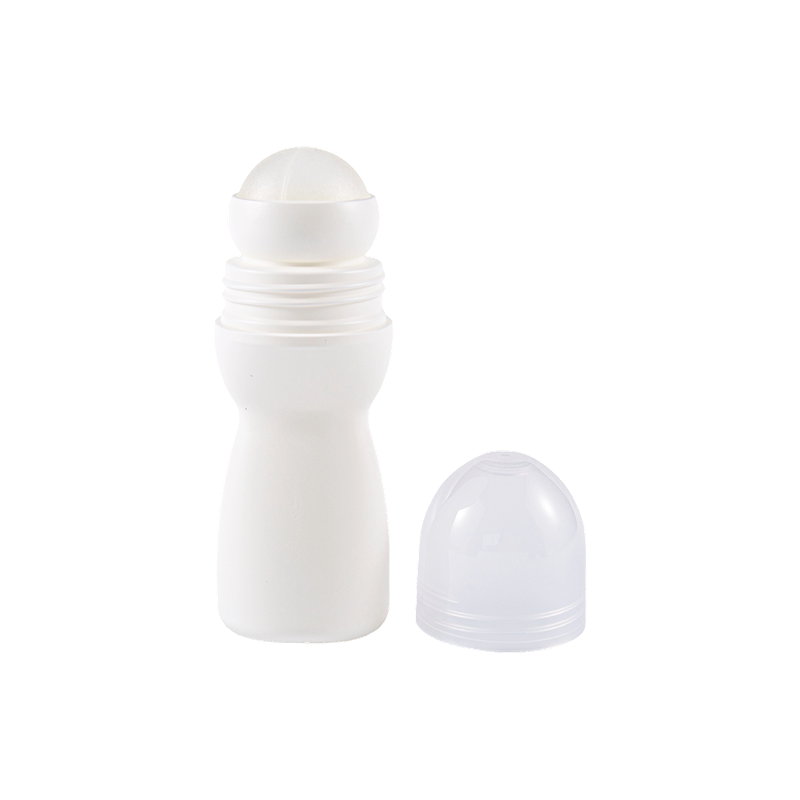
-
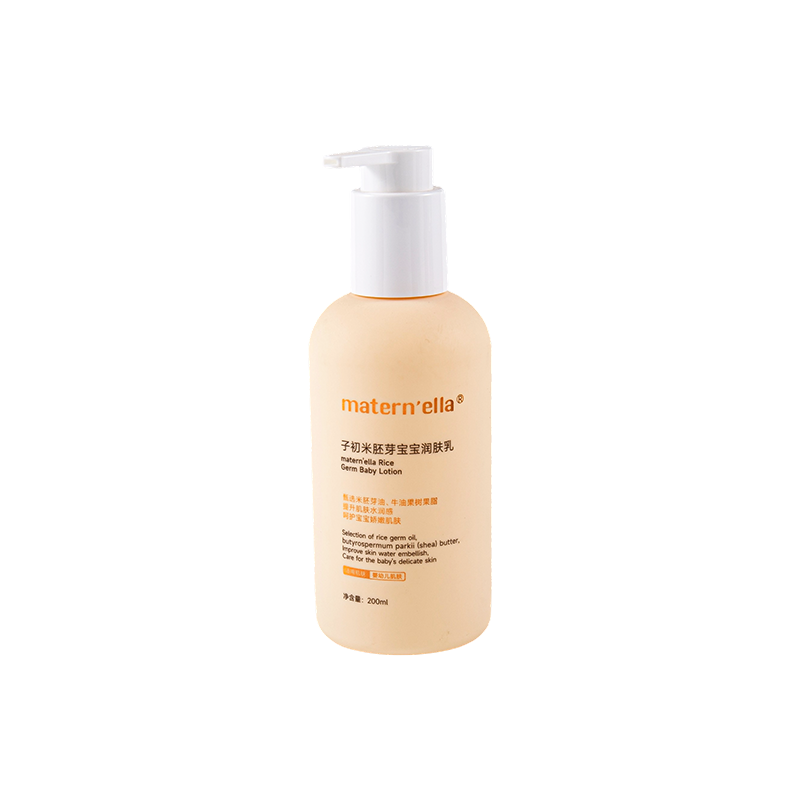 200ml round easy-grip PE bottle
200ml round easy-grip PE bottleThis 200ml round easy-grip PE bottle is a tailor-made packaging solution for liq...
-
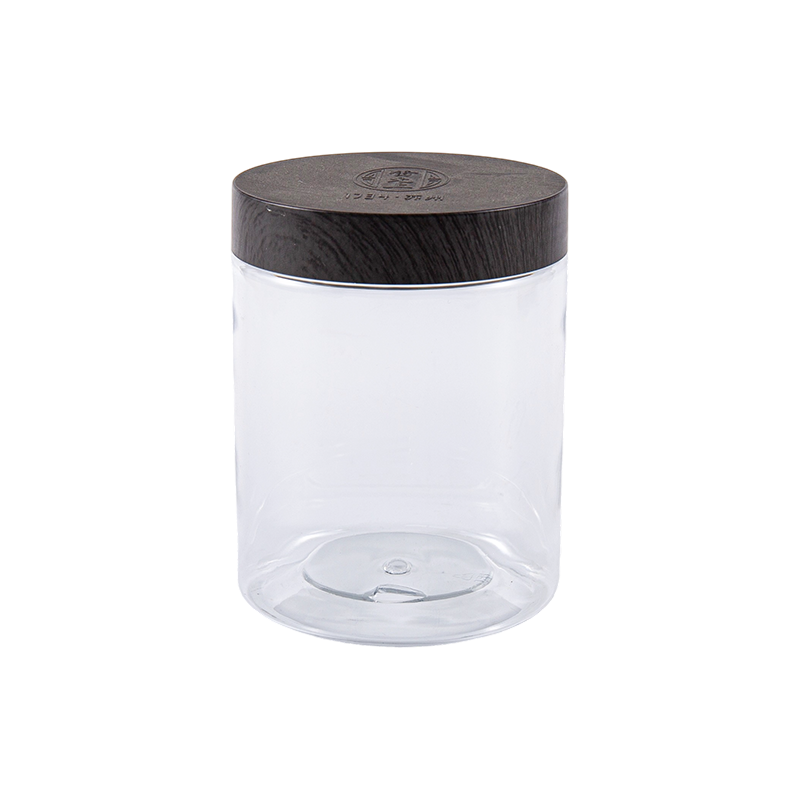 480ml corrosion-resistant transparent PET bottle
480ml corrosion-resistant transparent PET bottleThis 480ml corrosion-resistant transparent PET bottle is ideal for packaging per...
-
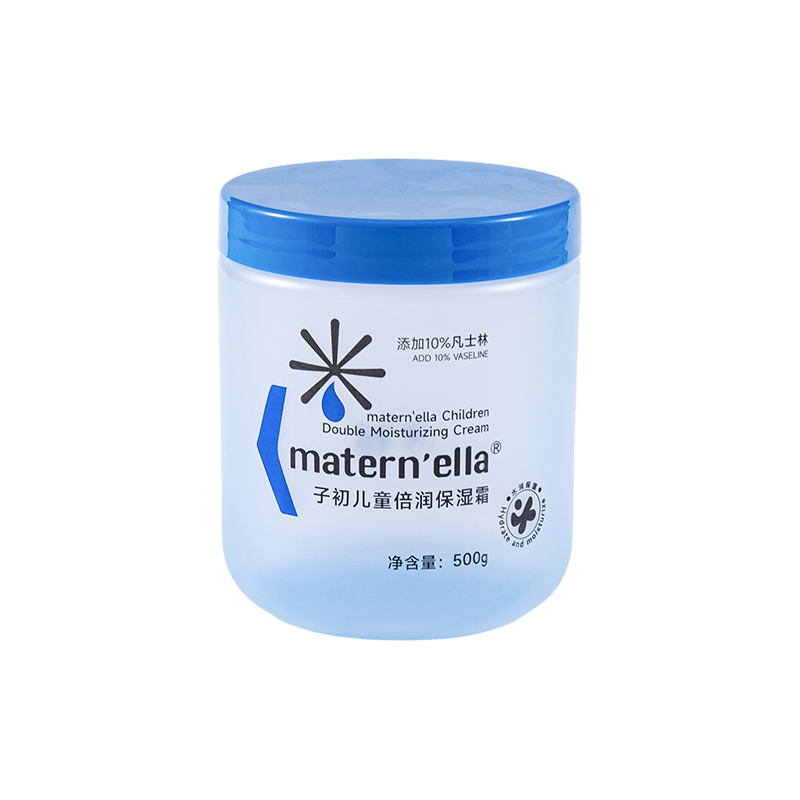 500ml PP body care bottle
500ml PP body care bottleIn everyday body care, the right bottle can make the skincare process more enjoy...
-
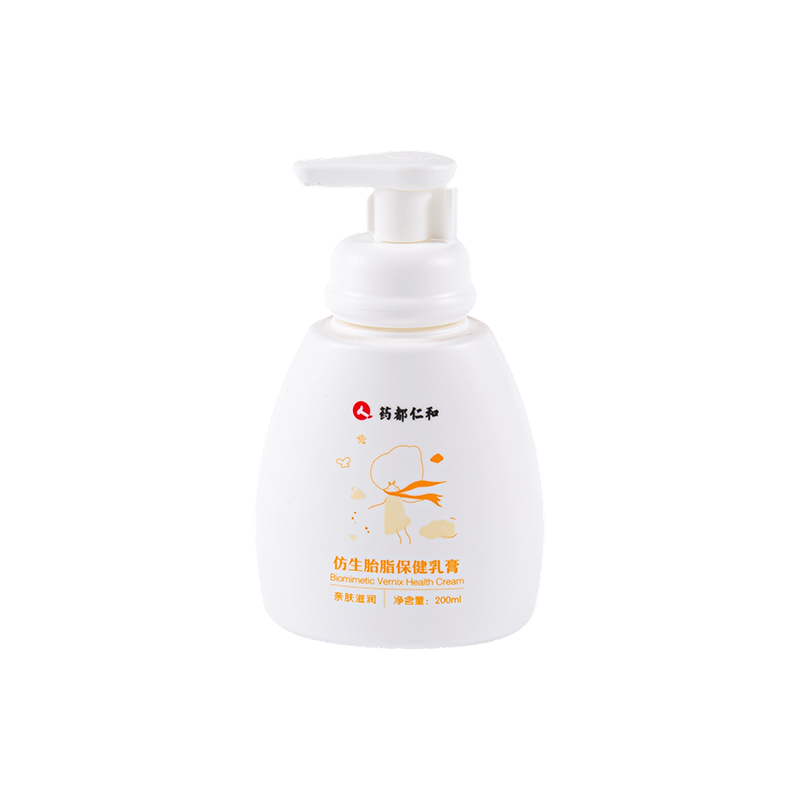 200ml safe and environmentally friendly PE cream bottle
200ml safe and environmentally friendly PE cream bottle200ml safe and environmentally friendly PE cream bottle is a practical and relia...
-
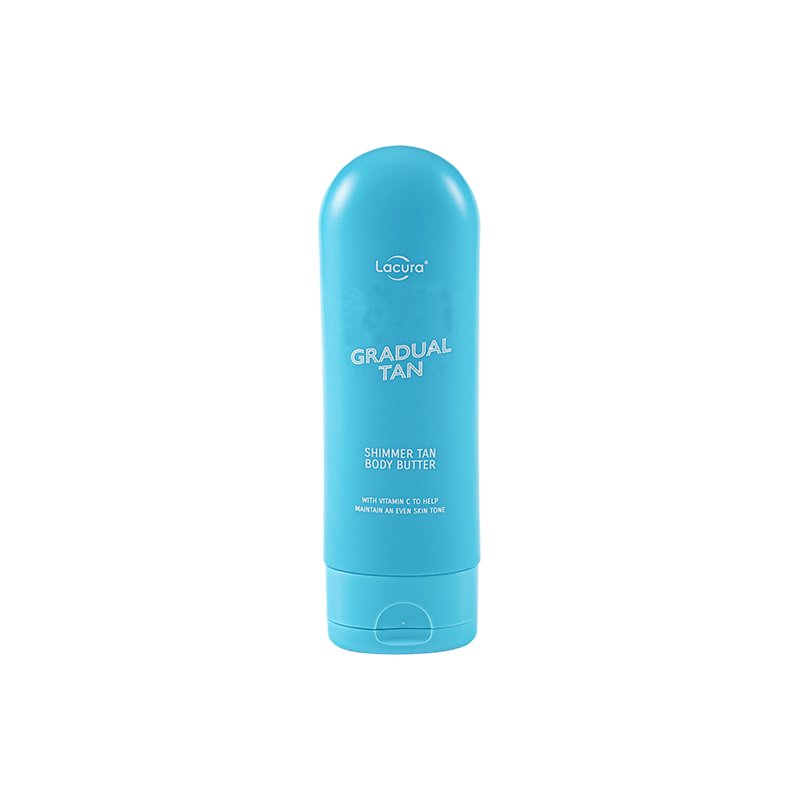 200ml comfortable grip PE body lotion bottle
200ml comfortable grip PE body lotion bottleCrafted with food-grade PE material, this 200ml comfortable grip PE body lotion ...
-
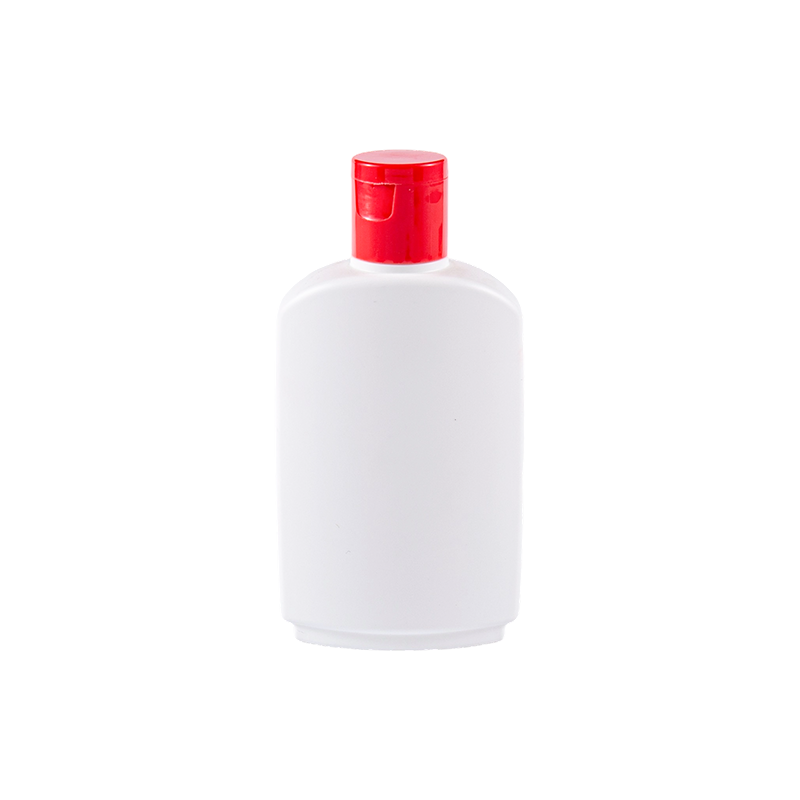 100ml safe and durable body lotion PE bottle
100ml safe and durable body lotion PE bottle100ml safe and durable body lotion PE bottle is a practical packaging solution d...
-
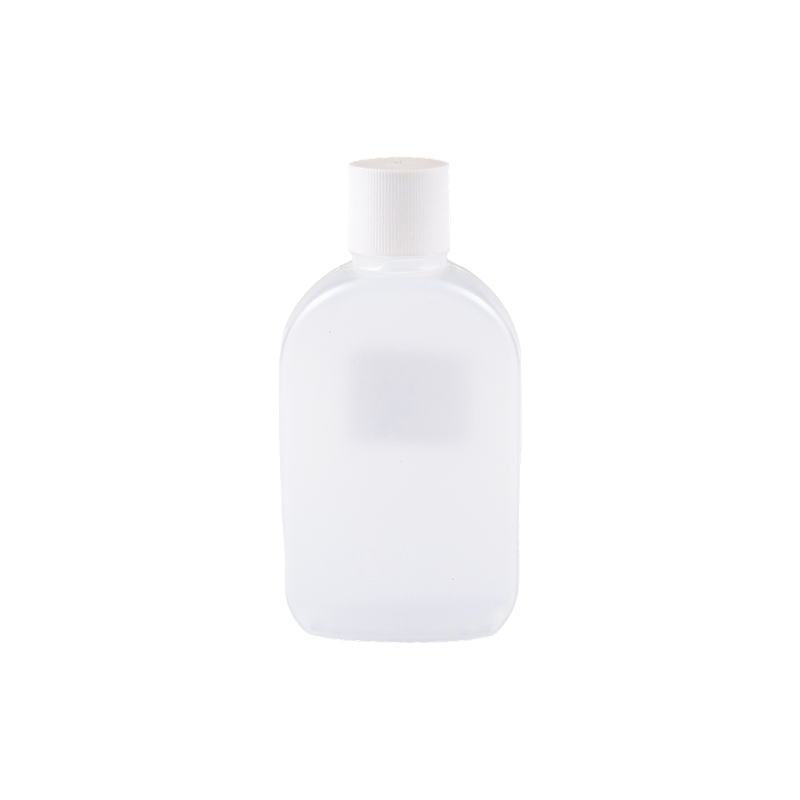 200ml safe and corrosion-resistant PP lotion bottle
200ml safe and corrosion-resistant PP lotion bottleThe 200ml safe and corrosion-resistant PP lotion bottle is a practical packaging...
It is an anti-slip device in wet environments, with a special texture design for a firm grip and a leak-proof design for worry-free travel. The large capacity meets the needs of full-body care, and the pump head design makes one-handed operation more convenient.
Body Care Bottles are essential packaging solutions designed specifically for products in the personal care industry, offering both functionality and aesthetic appeal. These bottles are made from high-quality materials such as PET, HDPE, or glass, ensuring durability, safety, and environmental responsibility. Their sleek design, ergonomic shape, and customizable features make them the ideal containers for a wide range of body care products, including lotions, shampoos, conditioners, body washes, oils, and creams. Body Care Bottles have their user-friendly design. With options like pump heads, flip tops, spray nozzles, and squeezable bodies, they provide convenience in daily use while preventing product waste. They come in various sizes and finishes—matte, glossy, frosted, or transparent—allowing brands to tailor their packaging to match their identity and target audience. Additionally, these bottles are often recyclable and refillable, supporting sustainable practices and aligning with eco-conscious consumer trends. Body Care Bottles are highly versatile. They are used by skincare brands, haircare lines, spa and wellness products, and even organic and handmade product makers. Whether on a store shelf or in a consumer’s bathroom, these bottles play a critical role in brand presentation and user experience. Their ability to protect the contents from contamination and UV exposure ensures product integrity over time, maintaining quality and effectiveness. Whether launching a new line or refreshing your current packaging, investing in well-designed Body Care Bottles is a smart move that enhances product value, promotes brand trust, and boosts market appeal.
Suzhou Brotherpacking Plastic Co., Ltd. , established in 2013, is a professional manufacturer specializing in custom plastic packaging for the daily chemical industry. As Body Lotion Bottle Manufacturers and Body Lotion Plastic Bottle Factory, with a fully integrated production system — including in-house mold design, product development, injection and blow molding, labeling, and final assembly — we serve a wide range of packaging needs for skincare, haircare, body care, and home care brands. Our facility includes an independent mold workshop, high-speed CNC machines, over 50 injection machines and 30+ blow molding machines, supporting multiple material types such as PE, PP, PET, and PETG. Products are exported across Europe, the Americas, and Southeast Asia. Support OEM Custom PE PP Body Lotion Bottle. At BrotherPack, we uphold the spirit of craftsmanship and continuous improvement, delivering high-quality, flexible, and scalable packaging solutions trusted by global clients.
-
25+
Years of Industry Experience
-
20000㎡
Manufacturing Facility
-
150+
Skilled Employees
-
100+
Advanced Production Machines
-
The packaging industry's choice of materials for laundry detergent bottles is far from arbitrary. Walk down any supermarket aisle and you'll notice that the vast majority of laundry detergent containers are made from polyethylene (PE) rather than polyethylene terephthalate (PET), despite PET's popul...
READ MORE -
Cosmetic bottle sizes span a wide spectrum, typically ranging from miniature 5ml containers to generous 500ml bottles, each serving distinct purposes in the skin care product packaging ecosystem. The most prevalent size categories include travel-sized containers (5ml-15ml), sample and trial sizes (1...
READ MORE -
Introduction to the 110ml Wide-Mouth PP Jar The 110ml wide-mouth PP jar is a compact plastic packaging container widely used across food, pharmaceutical, cosmetic, and industrial sectors. Its moderate capacity and wide opening make it suitable for products that require easy filling, scooping, or dis...
READ MORE
Material trade-offs: PET vs HDPE vs PETG for Body Lotion Bottle applications
When selecting a Body Lotion Plastic Bottle substrate, understanding permeability, chemical compatibility, and thermoforming limits is essential. PET offers high clarity and relatively low oxygen transmission, making it suitable for light-sensitive, water-based lotions and for products where shelf visibility is part of the brand proposition. HDPE provides excellent chemical resistance to oils and emulsifiers and superior impact strength for larger-capacity bottles used in family-size body lotion formats. PETG sits between PET and HDPE: better formability than PET and higher clarity than HDPE, useful when you need a glossy finish with some toughness. Designing around these differences avoids premature product failure and reduces returns due to incompatibility.
Barrier performance and preserving active ingredients in Body Lotion Bottle systems
Active ingredients such as vitamin C derivatives, certain peptides, or botanical extracts can degrade with oxygen or UV exposure. For formulas sensitive to oxidation, consider PET with oxygen-scavenging barriers or a laminated multi-layer wall with an EVOH or PVdC interlayer. HDPE's natural opacity reduces light exposure but does not inherently prevent oxygen ingress; therefore, inner sachets or airless pump liners are common practical solutions. When evaluating suppliers, request oxygen transmission rate (OTR) and water vapor transmission rate (WVTR) test results measured at relevant temperatures for the product’s expected shelf life.
Manufacturing method impacts: injection molding, blow molding, and finish consistency
Blow molding (extrusion or stretch blow) is the standard for hollow Body Lotion Bottle production; however, neck finish precision depends heavily on tool design and cooling strategy. Injection molding provides tighter tolerances for pump collars and threaded closures but is costlier per part for large hollow shapes. For high-volume runs, cavity balancing, optimized cooling channels, and consistent resin dryer protocols reduce weight variation and ensure uniform pump fitment. When a brand expects to use third-party pumps, specify a finish standard (e.g., 24/410) and require gauge reports from first-article samples to ensure cross-vendor compatibility.
Practical production checkpoints
- Confirm resin moisture content and dryer cycles to avoid haze and structural weakness.
- Run full-cavity tryouts to check wall-thickness distribution and weight variance.
- Verify neck finish and pump assembly torque on production-line mock-ups.
Surface texture and anti-slip engineering for wet-environment use
Anti-slip textures are more than aesthetics; they change the contact mechanics between the hand and bottle. Micro-embossed patterns, ribbing, or matte blow-molded finishes increase friction and improve grip when soapy or wet. For large-capacity Body Lotion Bottle formats, distribute texture zones to align with natural hand positions—this decreases slippage and improves the ergonomics of one-handed pump operation. Tooling for texture must account for demolding forces and potential resin flow marks, so texture depth and draft angles should be validated in prototype and production tryouts.
Pump compatibility and leak-proof strategies for travel and daily use
Leak-proof performance combines proper neck finish, pump inlet design, and assembly control. For travel-ready Body Lotion Plastic Bottle variants, consider locking pumps with a positive click or screw-down collars that maintain compression under thermal cycling. Airless systems address oxidation but require stricter tolerances and more complex sealing; they also change filling procedures. For any chosen pump, specify assembly torque limits and conduct pressure-differential leak testing to simulate cabin pressure changes and temperature extremes during transit.
Recommended QA tests for dispensing systems
- Cycle fatigue: >5,000 actuation cycles with dose-volume stability within ±5%.
- Pressure differential leak test: no leakage under 0.5 bar for 72 hours.
- Thermal shock: no loss of seal integrity after -20°C to 60°C cycles.
Decoration, labeling, and post-processing constraints by material
Materials determine which decoration techniques are available and their durability. PET accepts high-gloss varnishes, hot stamping, and shrink sleeves with strong adhesion; however, its higher melt temperature requires attention when applying thermal transfer labels. HDPE may need surface treatment (corona or flame) to improve adhesion for pressure-sensitive labels or flexographic printing. For premium finishes, consider over-molding or metallized vacuum deposition, but always test for delamination and consumer abrasion resistance under simulated bathroom use.
Sustainability considerations: mono-material design, refillability, and recyclability
A practical sustainability pathway is choosing mono-material constructions (e.g., PP bottle with PP cap) to simplify recycling streams. Refillable concepts—such as inner replaceable cartridges or reusable outer shells—reduce lifecycle environmental impact but require a logistical plan for refills and consumer instructions. When comparing materials for eco-impact, request supplier-provided LCA summaries and post-consumer recycled (PCR) content options; test PCR blends for color consistency and mechanical properties since PCR can affect clarity and brittleness.
| Material | Key strengths | Limitations | Best use |
| PET | High clarity, low OTR | Less chemical resistance to heavy oils | Liquid foundations, premium clear lotions |
| HDPE | Impact-resistant, oil-compatible | Opaque, limited surface gloss | Large-capacity body lotions, family bottles |
| PETG | Good formability, clear finish | Slightly higher cost than HDPE | Glossy premium presentation bottles |
Selecting a supplier: questions to validate expertise and capability
When vetting a supplier for Body Lotion Bottle projects, prioritize partners with integrated mold design and both injection and blow molding capability. Request evidence of export experience and quality systems, such as first-article inspection reports, material certificates, and records of OTR/WVTR testing. Ask for assembly torque ranges, pump compatibility matrices, and sample production run reports so you can validate real-world performance for travel-ready, anti-slip, large-capacity Body Lotion Plastic Bottle SKUs.
Practical product development blends polymer science, tooling precision, and real-use testing: choose materials and production methods that align with the formula’s chemistry, user ergonomics, and sustainability targets to deliver a reliable, appealing body care package.

 English
English Español
Español




